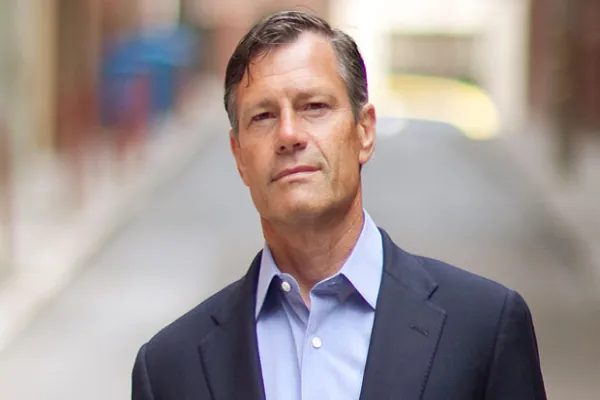There’s more trouble for Valeant Pharmaceuticals International. Shares of the embattled drug company plunged more than 5 percent to $33.37 on Friday even though it filed its long-awaited and tardy annual report and revised prior results. Investors were dismayed to learn the company is shaking up its board of directors, that it may default on its debt and that it is subject of two more, previously undisclosed government investigations.
The company said seven members of the board will not stand for reelection at the company’s June 14 annual meeting. They include former chief financial officer Howard Schiller and ValueAct Capital’s G. Mason Morfit. ValueAct’s Robert Hale and Pershing Square Capital Management’s William Ackman plan to remain on the board.
Valeant also warned that if it does not file its first quarter results by May 16, it will default on its senior notes.
Valeant also warned investors that it has “a significant amount of indebtedness,” noting, “our ability to satisfy our debt obligations will depend principally upon our future operating performance.” The company added that if it does not generate sufficient cash flow to satisfy its debt-service obligations, it may have to undertake “alternative financing plans, such as refinancing or restructuring” its debt, selling assets, reducing or delaying capital investments or seeking to raise additional capital.
The company also revealed new government investigations in addition to already disclosed probes by the Justice Department and Securities and Exchange Committee.
For example, Valeant said the North Carolina Department of Justice is looking into the production, marketing, distribution, sale and pricing, as well as patient-assistance programs, involving three of the company’s drugs and pricing decisions for certain other products.
In addition Valeant said it has received a subpoena from the New Jersey State Bureau of Securities relating to the company’s former relationship with mail-order pharmacy Philidor Rx Services.
The proxy also provides an interesting insight into the compensation of key officers. For example, we learn that outgoing chairman and CEO J. Michael Pearson received more than $143 million in compensation last year, including $140 million in stock awards. He also received $2 million in incentive plan compensation and more than $770,000 in “other compensation,” which includes the value of his personal use of the company’s aircraft.
Chief financial officer Robert Rosiello earned more than $60 million, including a $6 million bonus and more than $53 million from stock awards.
Anne Whitaker, executive vice president and company group chairman, earned $16.7 million, including a $900,000 bonus, most of the rest coming from stock awards.
The proxy also shows that as of April 11, New York-based Pershing Square owned nearly 30.7 million shares of the stock, or 8.95 percent of the total outstanding. San Francisco-based ValueAct Capital owned nearly 15 million shares, or 4.37 percent.
___
Several investment banks raised price targets on Amazon.com after the e-commerce giant reported much better quarterly results than Wall Street was expecting. For example, Stifel Nicolaus lifted its target from $775 to $888, noting that revenue and margins “exceeded our consensus estimates as well as surpassed the high-end of guidance.” Stifel is also boosting its estimates for the next three years, citing growth in the company’s Prime membership and other factors. UBS raised its price target from $720 to $785, stressing that it views the stock “as attractively valued relative to growth prospects.” And Credit Suisse lifted its target from $800 to $900.
___
Credit Suisse also raised its price target on Restaurant Brands from $36 to $43, explaining that it has raised its estimates for gross margins. However, it maintained its Neutral rating on the stock. The stock is a big favorite of William Ackman’s Pershing Square Capital Management. Restaurant Partners owns the brand names of Burger King and Tim Hortons and Pershing Square said in a recent investor presentation that the company’s franchised business model “is a capital-light, high-growth annuity.” In the presentation, the hedge fund firm told investors it took advantage of price declines at the beginning of the year to add to its position, asserting it “remains a compelling long-term investment.” The stock Friday rose nearly 1 percent to close at $43.26, up nearly 16 percent for the year.





